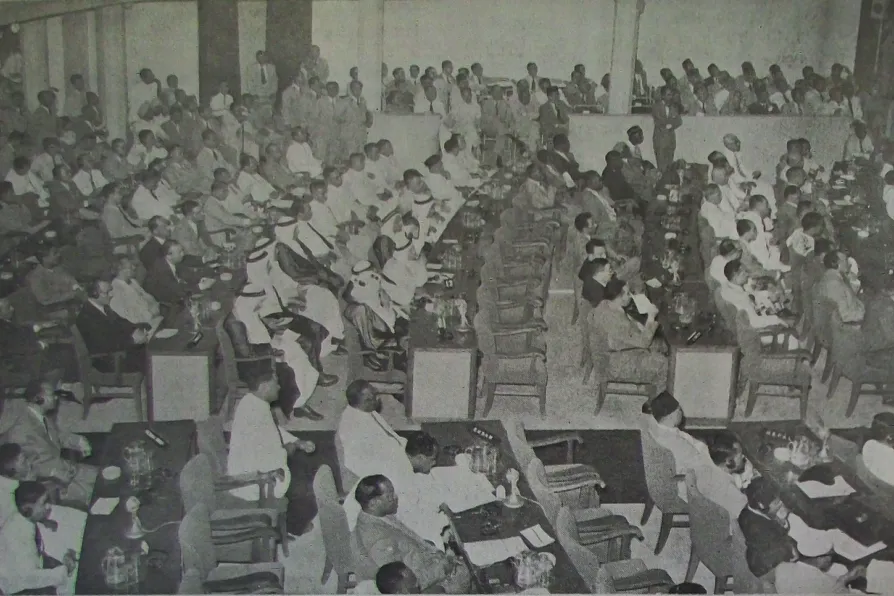By pressuring Mexico to halt oil shipments, Washington is escalating its blockade of Cuba into a direct bid for economic collapse and regime change, argues SEVIM DAGDELEN

 Plenary session during the Bandung Conference, Indonesia, 1955. The 10 principles agreed upon at Bandung called for respect for human rights, respect for sovereignty, equality, non-intervention in the internal affairs of other nations, the right to self-defence, and abstaining from collective defence arrangements.
Plenary session during the Bandung Conference, Indonesia, 1955. The 10 principles agreed upon at Bandung called for respect for human rights, respect for sovereignty, equality, non-intervention in the internal affairs of other nations, the right to self-defence, and abstaining from collective defence arrangements.
THE 1955 landmark Bandung Conference is still having a major impact on international foreign policy thinking nearly 70 years later.
The conference, held in Bandung, Indonesia, brought together representatives from 29 African, Asian and Middle Eastern countries in one of the first major transnational expressions of opposition to racism and colonialism.
Participants at Bandung represented countries such as Egypt, China, India and, of course, Indonesia.

The colonial mindset behind the governance of the UN is the reason for its inertia when it comes to conflict resolution, argues ROGER McKENZIE – but can China’s Global Governance Initiative point in a new direction of global equality?

The charter emerged from a profoundly democratic process where people across South Africa answered ‘What kind of country do we want?’ — but imperial backlash and neoliberal compromise deferred its deepest transformations, argues RONNIE KASRILS

JENNY CLEGG reports from a Chinese peace conference bringing together defence ministers, US think tanks and global South leaders, where speakers warned that the erosion of multilateralism risks regional hotspots exploding into wider war











